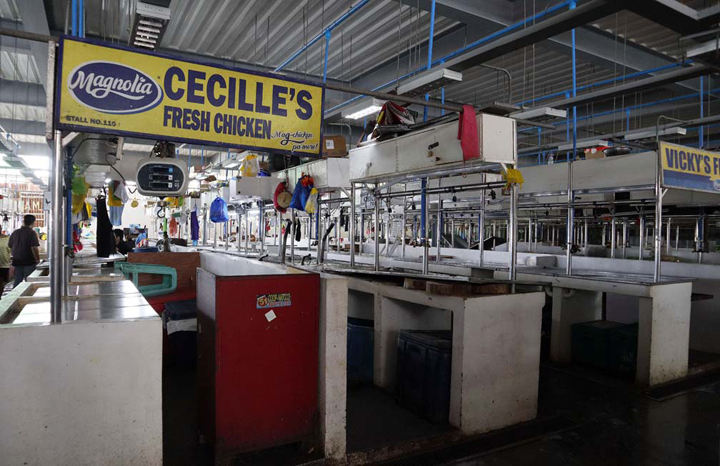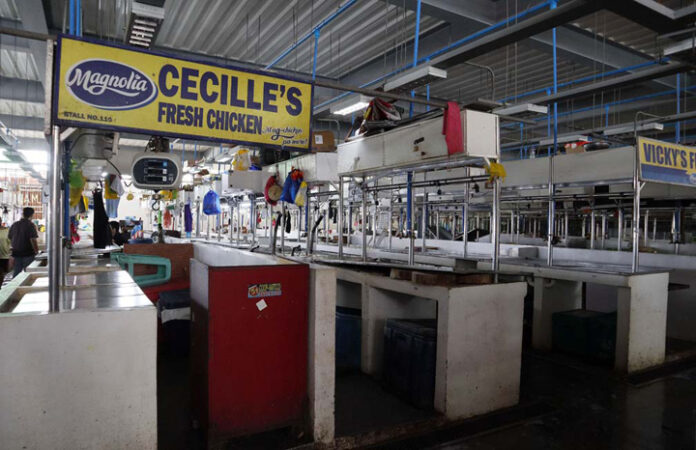
THE government is now poised to import more pork products to stabilize its price and supply in Metro Manila and other parts of the country.
This despite ongoing efforts by the Department of Agriculture (DA) to tap hog raisers in the Mindanao and Visayas, which remain unaffected by the African swine fever (ASF), to address the reported supply shortage of pork in the National Capital Region (NCR).
In an online interview with PTV on Monday, Agriculture Secretary William Dar said President Duterte already approved in principle their proposal to increase the Minimum Access Volume (MAV) for pork.
“We are now just in the process [of studying the proposal] so we will not be criticized that we did not hold any consultations for it,” Dar said.
Last week, Malacañang announced Duterte and the Cabinet approved DA’s recommendation to study raising the MAV from 54,000 metric tons to 164,000 MT.
The additional imported pork aims to bring down the price of pork below its current average of P400 per kilogram (kg).
Pork holiday
The sudden spike in pork prompted the President to issue Executive Order (EO) 124 imposing a price ceiling for kasim/pigue at P270 per kilo and liempo at P300 per kilo, which will be sold in NCR.
The price ceiling, which took effect on Monday (February 8), was opposed by some pork retailers, who claimed it will force them to sell at loss.
Many retailers resorted to stop selling pork for the duration of the 60-day EO 124.
Presidential spokesman Harry Roque appealed to the retailers to reconsider their “pork holiday” and continue selling pork despite the prevailing price ceiling.
He noted the DA is already implementing programs to ensure they will be supplied with affordable pork from Visayas and Mindanao.
The Associated Labor Union (ALU) issued the same call, stating that the price ceiling is necessary for workers and other consumers to continue to afford basic goods during the pandemic.
“We hope they will cooperate [with the price freeze] and not just think about their profits especially during the pandemic, when so many workers lost their jobs and their wage remain low,” ALU spokesman Alan Tanjusay said.
Transport subsidy, loans
To bring affordable pork to NCR, Dar said they started implementing their transport subsidy for hog raisers who will send their live hogs based on the recommended farm- gate price of the government, which is between P165 and P171.
Under the scheme, Dar said they provide the following subsidies to be sold in NCR: P21 per kilo from those in Mindanao; P144 per kilo from those in Visayas, Bicol region and Mimaropa; and P10 per kilo from those in Calabarzon and other parts of Luzon.
They secured a commitment from the Southern Cotabato Swine Producers Association to send 10,000 live hogs per week to NCR, Dar said.
Besides the transportation subsidy, the government, Dar added, is providing concessional loans for hog raisers affected by the ASF, so they could repopulate their farms.
The Land Bank of the Philippines (LBP) allocated P15 billion and the Development Bank of the Philippines (DBP), P12 billion, for commercial hog raisers for this purpose.
For backyard hog raisers, Dar said about a billion pesos is available to provide them loans to repopulate their farms.
To qualify for the loan, backyard hog raisers need only to cluster themselves so the authorities and the raisers could effectively implement biosecurity measures.

